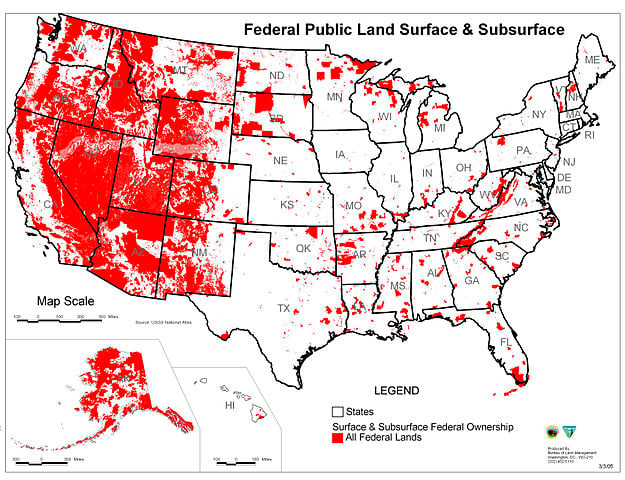PANORA, IOWA – Authorities responded to a call for service near Panora, Iowa, the scene of a hunting accident near the Bays Branch Wildlife Area.
The victim, 26-year-old Seth Egelhoff of Chesterfield, Ill., was shot in the face by another hunter as both were out for the waterfowl season. Bays Branch is a 1284-acre public land area, popular for upland and waterfowl hunters, with multiple species of each.
Egelhoff was airlifted out of the area but couldn’t be resuscitated during the flight to the hospital and was pronounced dead on arrival. The shooter isn’t being named, and the authorities are investigating – which include state wildlife officers, the Iowa State Patrol, and the Guthrie County Sheriff’s Office.
Hunter’s Safety And The Four Rules
Hunting accidents occur, though they are almost always preventable.
The Four Rules Of Gun Safety apply to any shooting activity, including being aware of your target and what’s around it. They are part of hunter’s safety courses in every US state.
Had a person – and specifically a person who is a hunter themselves – to guess, what happened was the shooter fired at a bird in crossing pattern but was so fixated on the goose or duck (most likely duck) they just didn’t see the victim.
“Buck fever” is real…but it isn’t limited to deer hunting.
Crossing shots on birds are some of the hardest. Just like shooting trap or skeet and the clay pigeon crosses from right to left (or vice versa), birds can and will do the same thing, and trying to get the bead ahead of the target and put the pattern in the right place before it lands can be stressful.
Upland bird hunters struggle with it, shooting pheasants, doves, grouse, quail, or chukkars, and so do waterfowlers hunting duck or geese.
Congestion could also have been an influencing factor.
You see, a lot of hunting takes place on state- and federally-owned public lands. In states that don’t have much public land and what they do have is small, you have a bunch of people with guns in a small area.
The tract in question is less than 1300 acres, which isn’t tiny when you’re on foot but could easily lead to a situation where there are too many people in one area for anyone to shoot safely, especially with a shotgun loaded with birdshot.
Iowa, as it happens, has the second-least amount of public land in the United States, with less than 800,000 acres of federal and state lands in total. By contrast, my home state of Washington (the Western states and Alaska have the most) has 18.99 million acres.
 Ergo, anyone who hunts on public land must be familiar with how large the parcel is and be that much more observant of any hunters around them.
Ergo, anyone who hunts on public land must be familiar with how large the parcel is and be that much more observant of any hunters around them.
A best practice, if you’re in a congested hunting area, is to have a conversation with any hunters around you. Try to establish informal shooting lanes to avoid accidents.
If you’re out on public land – or private, for that matter – during hunting season, it’s a good idea to wear blaze orange regardless of whether it’s required by state hunting regs. Might it have saved this hunter’s life? Maybe, maybe not, but it could be in a similar situation elsewhere.
It’s a tragic incident. The key takeaway is that shooting safety is incumbent on each of us, no matter where we are or what we are doing. You are accountable for every shot you take for any reason, be it defensive or sporting in nature. Ergo, know where that shot might go at all times.
Read the original story: Hunting Accident Leaves One Waterfowler Dead In Iowa


